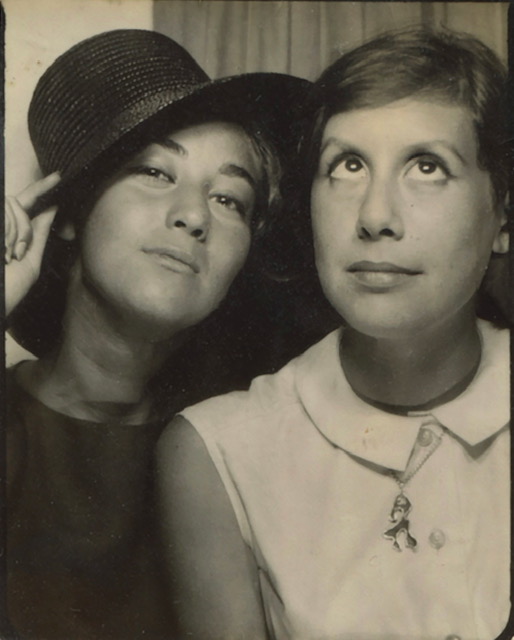When someone turns 100, others ask, “How did you manage to live so long?” I’m about to turn 90, and nobody has asked me that yet, but I’ve been thinking about it.
I’m guessing I’ve survived this long thanks to good luck, good genes and some help from good habits. (I’ve never exercised consistently, but I never smoked, and I’ve been a vegetarian for the last 30 years.)
Also, like most people my age, I’ve had help from medical science.
Before my pacemaker was implanted in 2006, I was pale and bone-weary. My heart rate was dragging along at fewer than 40 beats a minute (60 to 100 is normal). The pacemaker has worked so well that I never think of myself as someone with a heart condition. I have to remind myself to check “heart disease” on medical forms.
Thanks to the lenses I had implanted in my eyes when my cataracts were removed, I can see as well as ever (which is to say, I’m still farsighted). I’m very slightly cross-eyed though, a new problem caused by weak eye muscles. But (very expensive) prisms in my glasses correct that and forestall the blurriness I would otherwise be living with.
Hearing aids have restored my hearing to something close to normal—in fact, it’s better than normal when I watch TV, because the soundtrack is broadcast straight into my hearing aids. Also, in a really noisy place, I can easily escape the clamor just by pulling the aids out of my ears.
Vertebrae in my back are pinching a nerve, which causes pain in one leg. I also have arthritis in both feet. Most of the time, however, I don’t groan or limp. Walking is painless as long as I use a walker whenever I have to go any real distance. Inside my apartment, I go walkerless, cruising around like a toddler, using the furniture occasionally for support.
My memory isn’t what it was. If I make a real effort, I can remember anything (like where my car is parked in a crowded lot). But too often, my mind is adrift, so I bypass the plants I need to water on my way to the nearest pad of sticky notes to jot down something else I mustn’t forget. My desk is festooned with stickies, but I’m about to replace them all with an Amazon Echo, a palm-sized, computerized “personal assistant.” From now on, Alexa—the voice within the Echo—will do the reminding.
All of this may sound as if there are many things wrong with me as I enter my 90s, but the point is, so far science has provided ways to compensate for everything. I’m lucky enough to be living in the 21st century, when aging has become much more comfortable.

Flora Davis has written scores of magazine articles and is the author of five nonfiction books, including the award-winning Moving the Mountain: The Women’s Movement in America Since 1960 (1991, 1999). She currently lives in a retirement community and continues to work as a writer.



